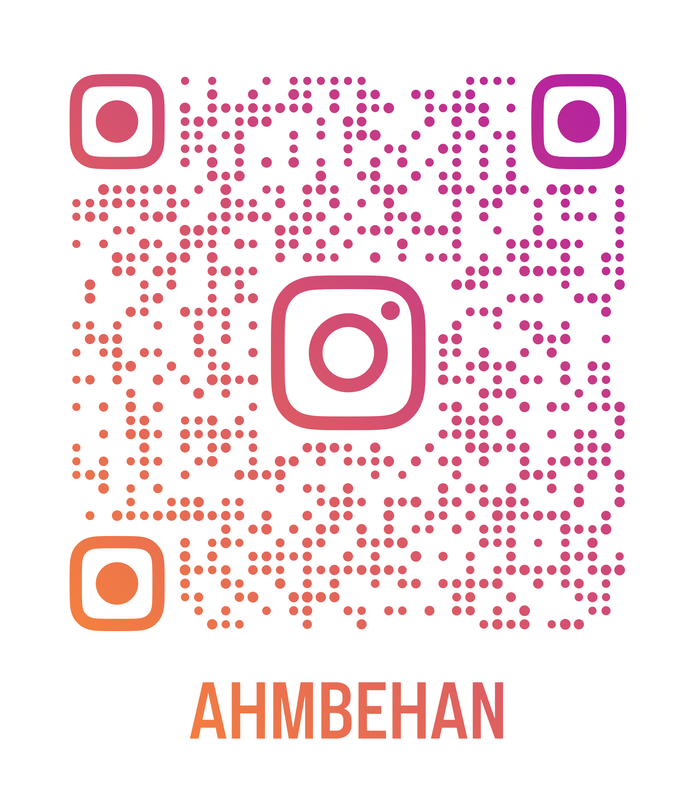|
As we scale the peak and cross the platform from where we were to where we are going, unable to see what the new planes will bring in the new world, and uncertain of the new horizones we shall meet, what can we do in this moment while we face uncertainty and the great unknown? We can bring ourselves into this present moment, which for now requires a complete surrender of what we knew. As central governments decide, albeit with our influence, the course of our journey ahead (no, we are not powerless, and yes we have influence) and while in this present moment we are bombarded with confusing and contradictory information forcing us to admit that in reality, we do not know the truth about what is and we cannot know the truth about what is, and that it is hard to know who or what to believe, what we can do in this time of surrender, is start to listen to and trust our inner compass. I invite you to connect with your inner compass, and delve deep into where you core values rest in this moment: what is this time teaching you and what matters most to you? What is this time teaching you about what mattered to you about how your life was, and how the world was? What is this time teaching you about who you want to be and how you want to live and how you want to see our world evolve? Now, in solitude, which may be peaceful, chaotic, fearsome, overwhelming, emotional, stressful, calm or exciting; whatever it feels like for you, and perhaps a rollercoaster of all of this, in this time of change and opportunity for reflection, what core values; the things that really matter to you, do you want to see integrated more into how you live, what you do and how our world evolves? Write these down, write down why they matter; why these values matter to you and what will having them and living them give you and mean for you and your world, and our world? Then, in clear recognition of what truly matters to you, for you and your world, I invite you to draw closer to your heart and listen to you heart speak about those values that matter most to your heart, and ask, why do these values matter, and what would your world look like and feel like and sound like with these heart centred values lived? Now that a picture is forming about how to live from these heart-centred values, I ask you to make a commitment to action: what can you do to live more from the values of the heart, your heart, and what will you do to evidence this, and when will you do this, and how will you know when this is done? We are crossing a bridge of opportunity for change, some may take it, some may not, but the opportunity is here for those who want to take it and to evolve. I feel it, I feel I am walking in the footsteps of a dawn to a new world, and as I walk, consciously from the eve of what was into this new dawn, mindful of what I am letting go of, what no longer matters, and what I cannot bring with me because I recognise that I need let some things go, for my peace and happiness; the values I wish to grow in my new dawn, I am mindfully considering what vision do I want craft in the skies of the new landscape that is birthing, and how much do I want to contribute to that vision. I understand, through the laws of co-creation, that the vision in my mind, the vision of peace, happiness and harmony, can only come about if I walk with peace, in happiness and in harmony, conscioulsy, day to day, while contributing, in action to these values on a personal, local and globale scale in my own small way. This is a call first to reflection and then to action. Your reflection, on the values of your heart, and your action, on the values of your heart are important right now. I know when you and I listen to the voice of love, my voice, your voice, our voices, that even if our voices sing with shades of different colours, we can and shall make rainbows together in the skies of a new paradise. Antonia Behan BSc, MSc,MBPsS MICF PCC Coaching psychologist Providing coaching and therapy for adults and adolecents www.antoniabehan.com
0 Comments
Suddenly the world changed; overnight adolescents were isolated from their friends, moved to on-line learning, not allowed to leave their homes and told that a dangerous virus was circulating and that it could kill their vulnerable loved ones if they did not socially distance. Some teenagers have responded well; they are able to accept the situation, they do not feel afraid, they are relieved to be away from the stress of school, they have found online learning different but okay, and are happy to be home with family and feeling generally more relaxed and doing what is asked to take care of vulnerable loved ones. Other teenagers miss their friends, they feel lonely and isolated, they struggle with on-line learning and find it difficult to focus, and without their daily routine, these factors of change have created anxiety in those who were not anxious and heightened anxiety in those who are. Without coping strategies to deal with what is happening and the unknown road ahead, some adolescents are at risk of developing symptoms of anxiety, anxiety disorders and depression, and may attempt to cope using unhealthy tools, such as alcohol or drugs, they may try to take control buy diving deeper into obsessive behaviours and addictive habits, they may seek to self-soothe by over-eating, or try to control anxiety through starvation. When we cannot change the situation, we can empower teenagers with healthy coping skills to manage what is happening and how they are feeling. The first and most important item is family communication. Adolescents need emotion-focused communication, which means parents are open in expressing how they feel about what is happening. This helps a teenager feel better able to express their own feelings, and when feelings and emotions are open and seen, then coping strategies can be explored. Problems occur when parents keep their feelings to themselves, even when this is believed to help their teenager. What can happen is that a teenager sees that a parent is not able to engage in an emotion-focused conversation and then feels they need to protect that parent from emotion, and so the teenager keeps their feelings to themselves and tries to cope alone. When communication is opened up, the conversation can move into deeper understanding about what is happening, how people are feeling about what is happening, and why they are feeling what they feel. It may be that a teenager is stressed because they cannot focus with online learning, which may contribute to fear-based thoughts about exam performance or university placement. The reason this teenager cannot focus is because their fear-based thoughts activate the amygdala in the brain, which causes the fight or flight response to be triggered, making it very difficult to concentrate or apply logic or focus. When this happens, it is possible to learn techniques to counter the fear-response to evoke calm which in turn will allow the prefrontal cortex area of the brain to function better, which aids focus and attention, while reducing the activity of the amygdala. A teenager may be worried that people they love may die, they may be experiencing distressing feelings and overwhelming worry, and they become obsessed about disinfecting things so that they don’t transmit anything to their parents or grandparents. This could develop into an anxiety disorder, which causes prolonged distress. Exploring together how you feel about what is happening, talking about death or fear of death, normalising it as part of our lives and how we cope with this, and identifying what your teenager needs to feel supported and this how support can be given, can go a long way towards easing anxiety and cultivating feelings of calm and security. Some techniques to ease fear-based thoughts and anxiety include: breathing or muscle relaxation techniques, talking through worries and moving into solutions, identifying fears and applying logic and reason to formulate a more realistic point of view, modifying extreme and obsessive behaviours to create healthier patterns of behaviour, identifying healthy actions to manage the situation, learning to let go of what cannot be controlled and focus on what can with a healthy approach, engaging in activities that boost serotonin, endorphins and dopamine; hormones which generate positive feelings, and looking at ways to turn a difficult situation into a time of opportunity and possibility. If you would like to explore how to support your teenager in managing anxiety, please get in touch: Antonia Behan Coaching Psychologist BSc MSc MBPsS MICF PCC 0034 620 741 361 [email protected] www.antoniabehan.com Private office near Sotogrande, with consultations also available at Ocean Clinic Gibraltar and Atlantic Clinic Nueva Andalucia. Online sessions available via Zoom, Skype or Doxy. References Dalton L, Rapa E and Stein A (2020) Protecting the psychological health of children through effective communication about COVID-19, The Lancet: Child and Adolescent Health Doi.org/10.1016/S2362-4642(20)30097-3 Grubic N, Badovinac S, Johri A (2020) Student mental health in the midst of the COVID-19 pandemic: A call for further research and immediate solutions. International journal of social psychiatry https://doi.org/10.1177/0020764020925108 |
Follow me on Instagram
Archives
July 2024
|
Copyright Antonia Behan 2024. All rights reserved.
Based in Gibraltar and Spain
Sotogrande 11310, San Roque, Cadiz, Spain
Grand Ocean Plaza, Ocean Village, Gibraltar GX11 1AA
Based in Gibraltar and Spain
Sotogrande 11310, San Roque, Cadiz, Spain
Grand Ocean Plaza, Ocean Village, Gibraltar GX11 1AA




 RSS Feed
RSS Feed